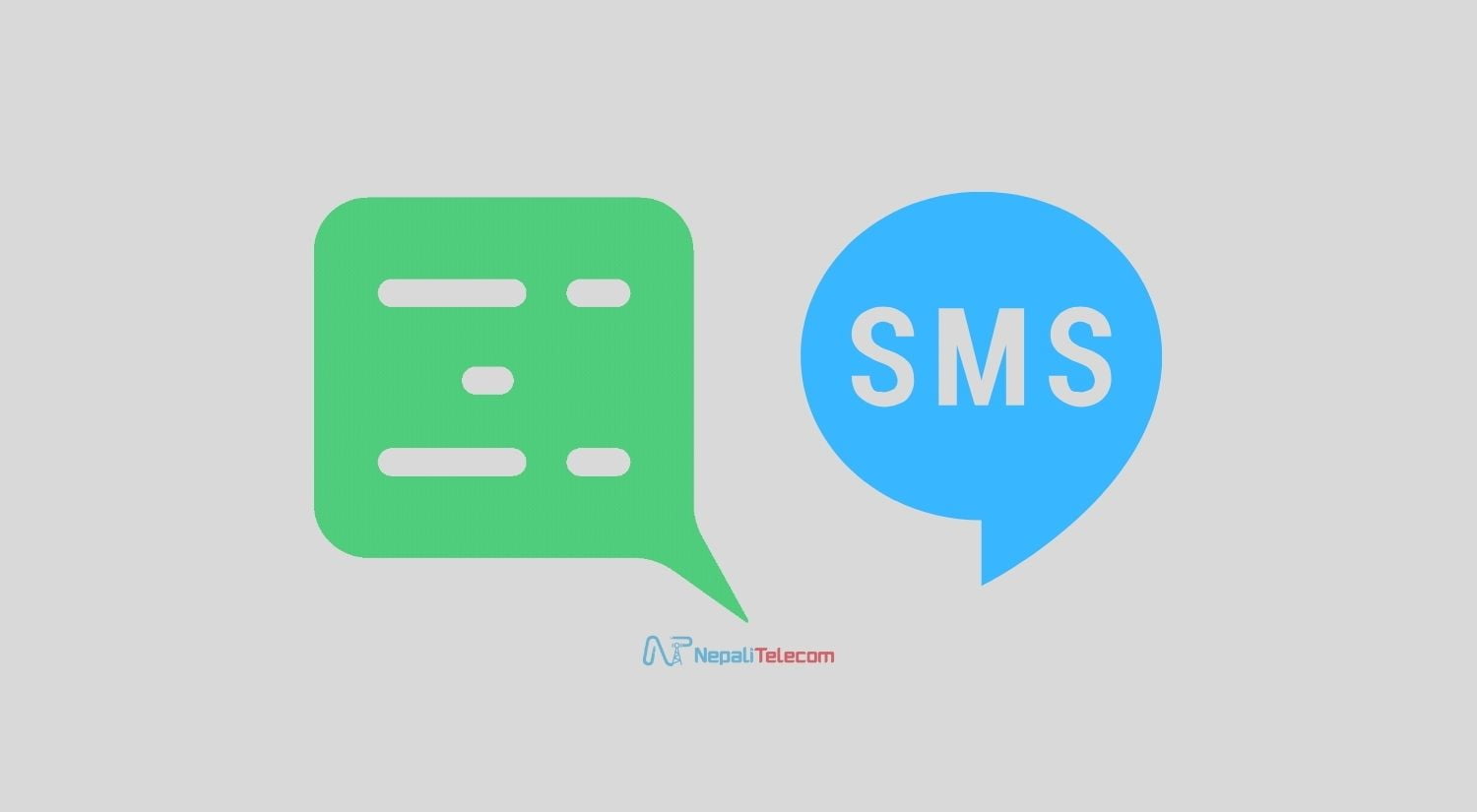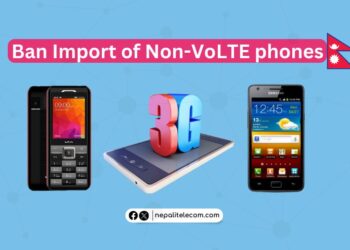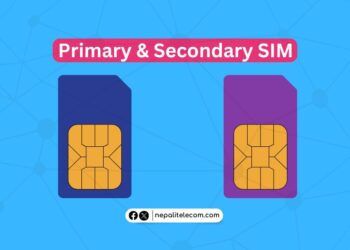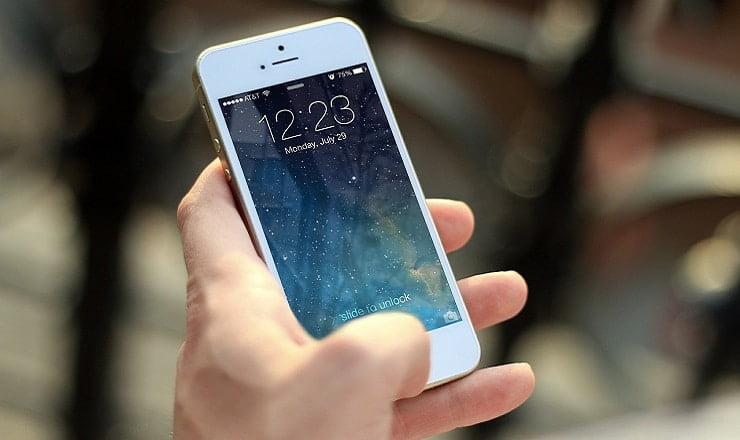Will Instant Messaging and a recent RCS message protocol put SMS to death? Let’s speculate what remains ahead for the SMS which has been a mainstay on our mobile phones for the last 25 years.
SMS or Short Message Service is text-based messaging exchanged over telecom networks in existence since 1992. However, the popular service faces an existential threat in the days of smartphones and instant messaging apps.
SMS or simply put texting took its birth in 1992 when one particular engineer named Neil Papworth, a developer at Sema Group Telecoms sent the first-ever message over a telecom network. Since then, SMS has been a default purpose of using a mobile phone along with voice calls. When a call is not necessary, a short message conveys the idea. Easy to type, and send in quick steps.
SMS counts 160 letters, numbers, or symbols per one text hence the short message. As mobile phones became more widespread, billions of texts were exchanged between phones. In 2002, 250 billion SMS were sent globally, an indication of its explosion compared to 35 texts per month in the USA in 2000.
Check out: Google’s RCS Messaging apps available in Nepal
Rise of SMS
Over the years, it quickly became a popular trend of communication between those who carried mobile phones. They could send text messages between phones or from computers to phones.
Even in 2012, 151bn texts were sent in the UK alone. This number was a massive improvement from a mere 66bn in 2007
To put this in the global context, The International Telecommunications Union once reported that in 2010 200,000 texts were sent per minute. Worldwide, the number was a surreal 6.1 trillion in the same year.
Don’t miss: How To Solve SMS Problem in Ncell, Ntc, and Smart Cell; Top 5 Methods
Decline of SMS
The trend became especially popular among the youths who could relay their message via a quick and short text where mobile networks covered them. But that was before the internet was not a thing, yet.
Fast forward to 2020, only 2.1 trillion texts were sent globally. While this was an increase of 50bn from 2019, SMS is not going to stand up to IMs with such stats.
Read: SMS or Instant Messaging apps, Which One Do You Prefer?
Instant Messaging Becomes Popular
While SMS stubbornly lives on, it is Instant Messaging that has taken precedence post-2010s. A Deloitte study has shown that in 2012 only 145bn SMS were sent, which showed the decline by 7bn for the first time in UK’s history.
However, the decline in SMS was met with the growth of Instant Messaging. The data pointed that 50bn IMs were exchanged in 2012. This number soared to 150bn in just a year in 2013, and 300bn in 2013.
After the rise of Facebook Messenger, Viber, WhatsApp, and other mediums, mobile phone users have taken to instant messaging over the internet. This is partly due to the fact that these platforms allow users to send text and multimedia both. Besides, audio-visual calls make them more attractive.
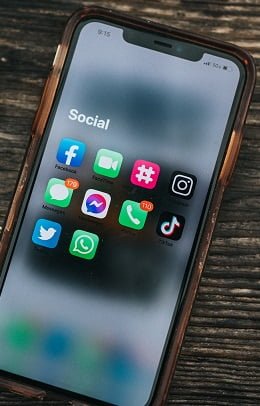
In 2014, Apple saw 40bn iMessage via its iMessage app that was 200,000 messages per second. Android which shares almost a similar market share with Apple or bigger had 80 billion messages exchanged in the same year.
WhatsApp, another of Facebook’s entities, reported 60 billion messages back and forth in 2014. Which accounts for 1.95 billion messages every month and 23.5 trillion a year.
Facebook’s Messenger and WhatsApp shared a combined 60 billion messages per day in 2016. But the distribution of these messages varies according to the availability of the apps, age, and region.
SMS Affected By Cost and Features?
The concrete stats are hard to get by for SMS and IMs transactions. however, from which we gather, SMS has lost its ground in the wake of smartphones and multimedia messaging. The rise of WhatsApp, Messenger, Viber has reduced SMS to just an alternative medium of texts, not the go-to service.
This may be due to the fact that SMS is costly. 160 character limit may not be ideal per text for users to communicate. Again, The lack of image insertion, audio, video calls adds more to its shortcomings.
But does it mean SMS is dead? No, it is not. As the state above highlights, SMS still remains a thing with transactions in trillions. But it certainly is not the preferred choice to all when they are connected to the internet. But for SMS to coexist in the smartphone era, a new standard has been developed, RCS messaging. Since this is still new, the possibility is that you may not even have heard about it. So, let’s see what it is why why it matters.
Do Read: How to buy SMS packs in Ntc?
Rich Communication Service
RCS is a recent concoction that combines traditional SMS with modern capabilities. Call it an upgrade to the conventional SMS. Users can exchange messages over their native SMS app. The difference is that not only texts, you can also send images and videos through it just like Instant Messaging apps.
Besides, it’s multimedia capabilities, it also offers varieties of services. The Versatile messaging allows users to send QR codes, e-tickets, bar codes, etc. for business and other purposes. Experts say RCS is well on the rise and the number of users could reach 3.9bn in 2025. The service has more than 1bn users already.

But the question rises again, will RCS also lead to the death of SMS? Not likely. SMS may have gone down in use but still remains a formidable part of every phone. As much as communication goes over data, the option without it will also remain vital. When there is no internet, SMS besides voice call remains the only option.
SMS is a default communication service on mobile phones and we believe there are still reasons the texting will remain for long. Let’s enumerate some backup in SMS’s favor:
Why SMS Is Not Dying?
We are not ready to forsake SMS on our phones. Whether it’s the emotional attachment or the default service on our devices, texting is easy because of SMS. Since its inception, SMS has faced many tides against it, but it has stood the test because of its simplicity and uses. Below are key factors which will sustain SMS for the present and into the future.
Offline service:
The best reason to use SMS over IMs is it is an offline tool. No data, no problem. As long as there is a mobile network, we can send a quick message on the go. SMS rids us of our dependency on mobile broadband.
Alternative To Calling:
If a phone call is not necessary, an SMS is an alternative, you can convey your message without interrupting anyone with a call. The text comes as a default communication option on phones, while IMs are at an enhanced level with the internet. Big difference.
SMS is easy:
One doesn’t need to be tech-savvy to exchange messages on SMS. For IMs, users learning about the internet and network setting, knowledge of app version, download stores are necessary. But for SMS, basic typing is all that is necessary. Just type and send. It saves time and hassles of the things of apps.
SMS is convenient:
IMs require apps to download over the internet. An account, data, and the same app for communication to happen. There could be hindrances with platforms too such as iOS and Android, Windows, etc. Moreover, they require frequent updates. If a user is not online, an instant connection cannot establish. With SMS, you just type and send to a contact number. All it requires is a mobile network and a balance. It is basic and a convenient form of communication.
OTP for authentication:
From apps to banks services, to other services, OTP is sent over SMS for authentication. It helps to verify users and confirm their requests or identity.
Check out: OTP not receiving timely problems, explained
SMS Post 5G/6G:
SMS comes with feasibility and benefits as mentioned above among many others. It is an offline act and easy for a short communication over the mobile network. This is why SMS has pulled through 3G and 4G and there is no doubt the legacy service will stay afloat even in the times of 5G and 6G.
Then SMS is not only used when there is no data available. Still millions send short messages over career networks for ease and convenience. The system has lived through 25 years and tested tides against it. SMS will co-exist with IMs, and RCS and carry its own essence in the foreseeable future.
Check out: NTA passes 5G Trial working Procedure, Ntc to start test soon
Do you think SMS will sustain in the future or shrink continuously over the years as IMs and RCS popularity grow? Kindly put your opinion in the comments.


